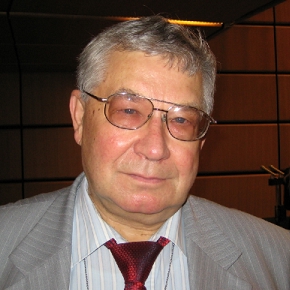 |
||
|
Scientists: Russian Fukushima Fallout Expedition to Help Develop Safer Nuclear Plants RIA Novosti, PUBLISHED 28.09.2014 Data collected by the Russian expedition which left Vladivostok for the Sea of Japan on Thursday to study the impact of the Fukushima nuclear disaster, will be used for ensuring the safe development of nuclear energy, Stanislav Shabelev, the head of the laboratory for radio-ecological safety at the Obninsk Institute for Nuclear Power Engineering, told journalists. "Data collected is needed for the safe development of nuclear energy. It is a question of correct assessment of the behavior of the human-made radionuclides released into environment after the disaster at [the Fukushima-1] nuclear plant, after the measures to curb their spread have been taken," Shabelev said, noting that this information is very important for Russia's state-run nuclear agency Rosatom. The incident is the world's worst nuclear disaster since the Chernobyl catastrophe of 1986. A complete reversal of its consequences is expected to take about 40 years. Topics: NPP Fukushima Daiichi, Russia Other news: Finnish Government Approves Rosatom Nuclear Reactor Project Ten ministers voted in favor of granting the application, while seven ministers voted against. Prime Minister: Finland to Continue Nuclear Cooperation With Russia Despite Sanctions If we look at Rosatom's activities, there have been no problems whatsoever. Russian Nuclear Experts Present Bushehr-2 NPP Project in Iran Several Russian companies, including OKB Gidropress and Atomstroyexport participated in the seminar. |
Hero of the day 
The ISTC Responsible Science Program and Subprogram Culture of Nuclear Nonproliferation The dual-use nature of nuclear technology consisting in the potential for its application equally in peaceful and military sphere is the basic contradiction for the existing nuclear nonproliferation regime and comprehensive development of the nuclear power and nuclear fuel cycle. INTERVIEW
Jerry Hopwood OPINION
Joint Plan of Action |

